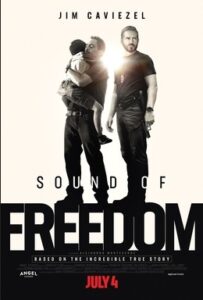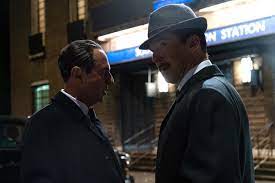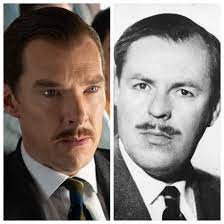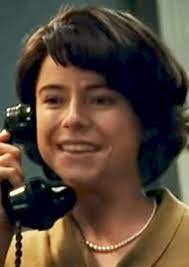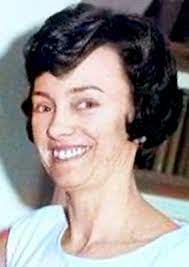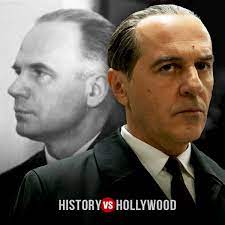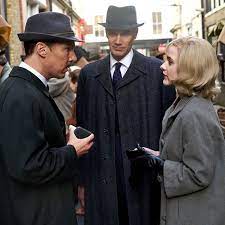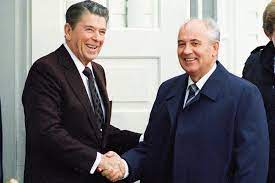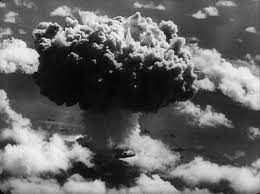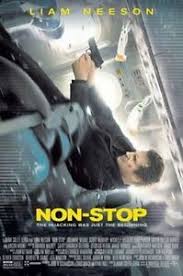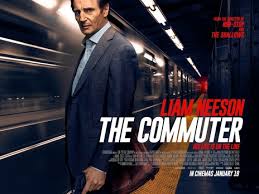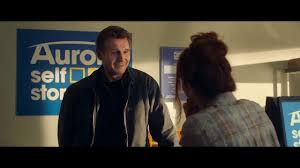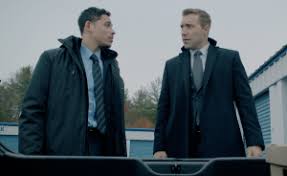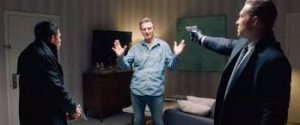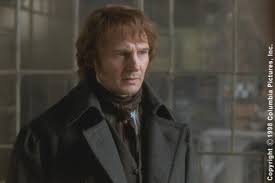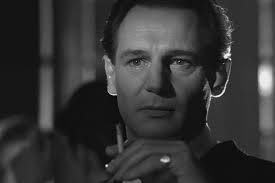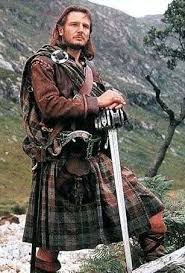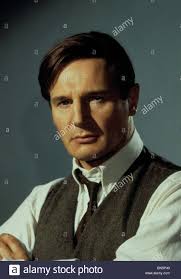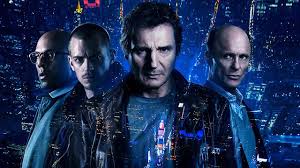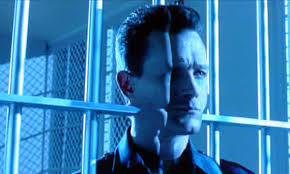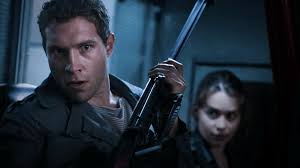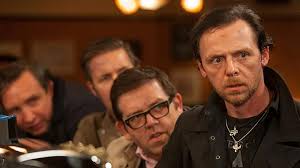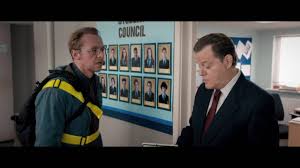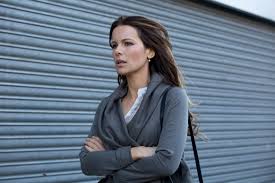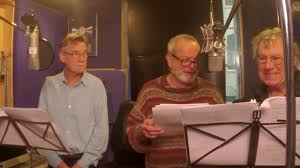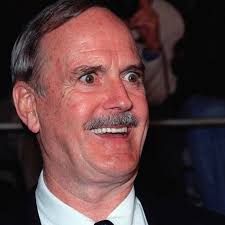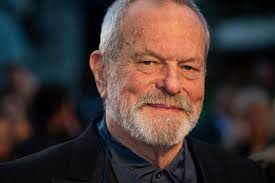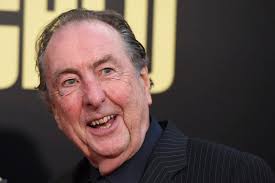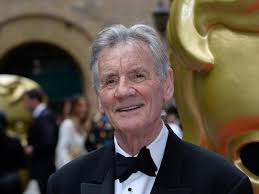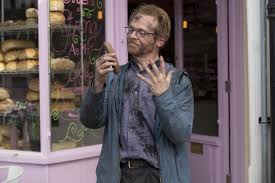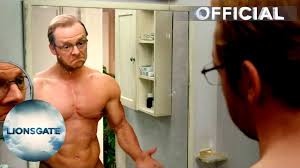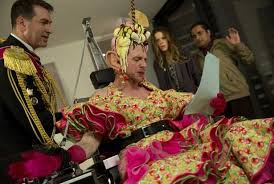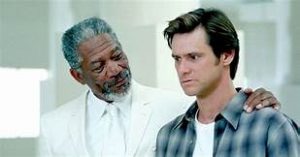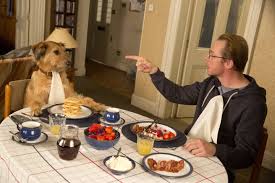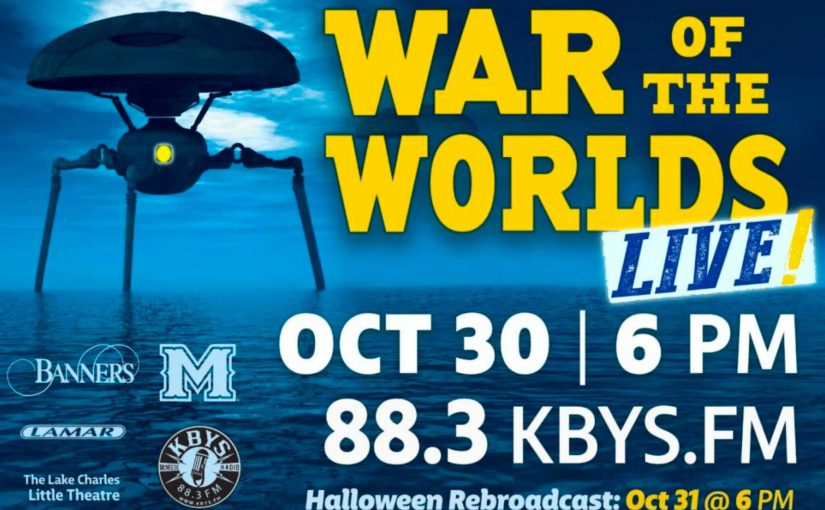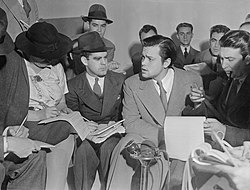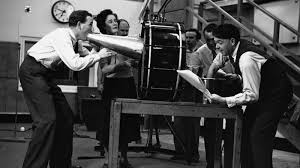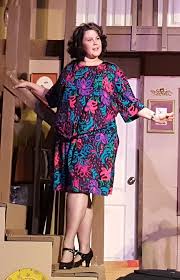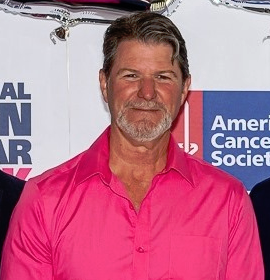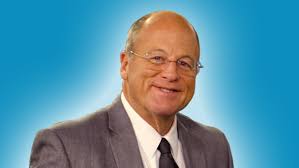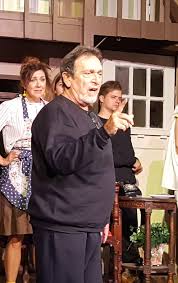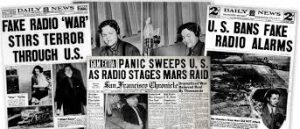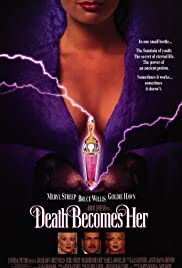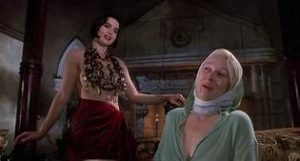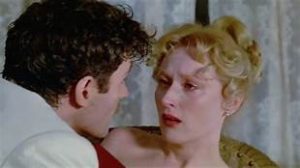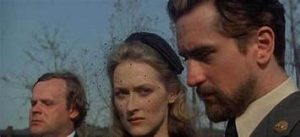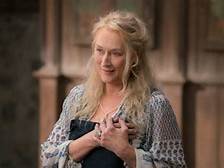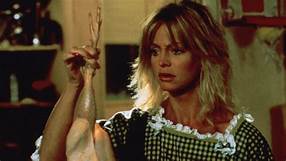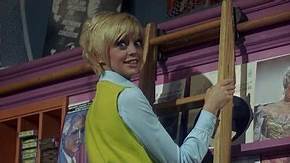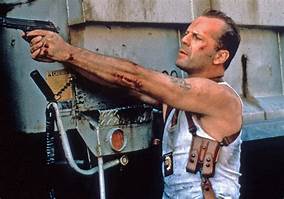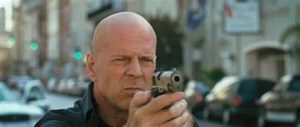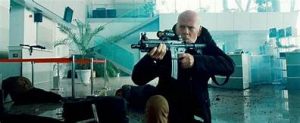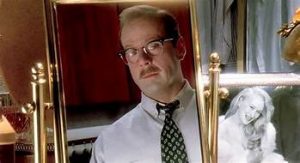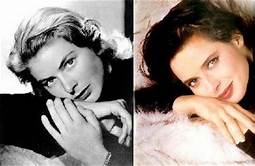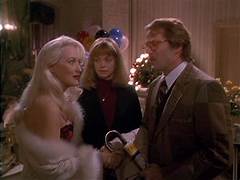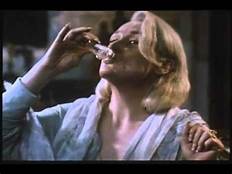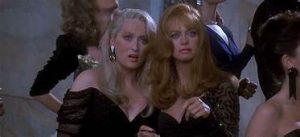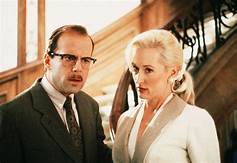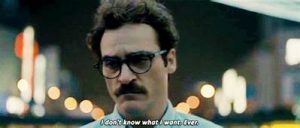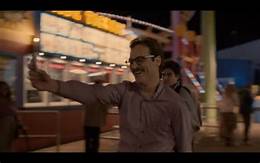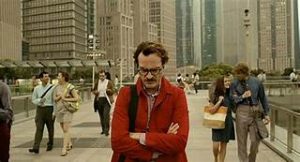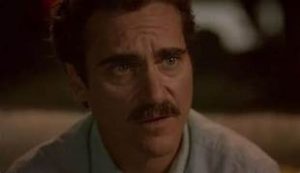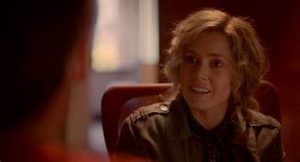SHORT TAKE: Realistically portrayed battle scenes and masterful acting highlight this bio-pic about Napoleon’s rise to and fall from power from the French Revolution to his death on St Helena, but for mature adults only because of gratuitous sex and authentic but extreme battlefield violence.
LONG TAKE: Ridley Scott (Blade Runner, Alien, Gladiator, Black Hawk Down) is no stranger to depictions of realistic gore and violence. And his direction of Napoleon is no exception. From the guillotine to cannonballs, Scott unflinchingly demonstrates the brutal and de-romanticized effects of war and revolution.
Napoleon follows the adult life progress of the master tactician, obsessed lover, and fatally ambitious Bonaparte from the French Revolution through his many incredibly brilliant victories, his catastrophically foolish debacle in Russia, his resurgence back into France and his final ignominious defeat at Waterloo and exile to St Helena. He led over 60 campaigns with or against pretty much every European country in existence at the time, from Russia to Egypt to Austria and France during the years 1801 -1815.
Michael Broers, Oxford historian, consulted with Ridley Scott in both script and production of this epic saga. In interviews, Broers revealed a few incidents which were the creative fantasies of the director and not biographically accurate. Notably, Napoleon’s slap of Josephine during the formalities of their annulment, while dramatic, did not happen and was inconsistent with Bonaparte’s character. Another fabrication had Napoleon shooting at the tops of the pyramids during the Egyptian campaign. In justifying these colorful but inaccurate events, Ridley Scott reminded the bemused academic that Napoleon was a work of historic FICTION, not a documentary, and so liberties can be expected.
But what IS literally correct, is at the heart of Napoleon. Chunks of 200 intensely passionate letters are featured in the script – mostly from the eponymous character to Josephine, Napoleon’s adored: mistress, wife, empress and ultimately dismissed queen, most written during Napoleon’s extended absences. While leading his men into battle was what he lived for, the soul of what propelled him was his lifetime devotion to his morally flawed, emotionally equivocating and ultimately barren wife, Josephine, even after their annulment. Though, as the movie portrays and apparently as their letters reveal, Bonaparte absolutely adored her, her feelings toward him were far less straightforward.
The acting is excellent. Joaquin Phoenix (Signs, Gladiator, I Walk the Line, Her, Joker, You Were Never Really Here) is one of the finest American actors to date, exhibiting a virtuosity and chameleon ability to sink into a role challenged only by Dustin Hoffman and a bare few others. In Napoleon, Phoenix conducts a master class in performance. From subtle to gross movements, from outbursts to quiet moments, every expression and mannerism is a brushstroke in the portrait of the brilliant military strategist, the obsessed lover, the committed leader, the terrified but courageous soldier, and the hubristic and recklessly ambitious emperor. This is a three-dimensional and complex personality and Phoenix brings Napoleon to life on film. I even suspect there were moments which were improvised or bloopers, but so expertly kept in character by Phoenix that Scott retained them.
Vanessa Kirby (Mission Impossible – Fallout and Dead Reckoning), brilliantly catches Josephine’s ambiguous relationship and constantly contradictory and changing feelings towards Napoleon, from opportunistic social climbing former aristocrat to callous adulteress through to genuine affection for her husband. Her faithfulness to Napoleon was a checkerboard at best. And Kirby captures well Josephine’s complex attachment to this important historic figure.
The biggest difficulty I found with the film was the lack of adequate explanation of the intricacies of the political issues which fueled these decades of continental chaos. The how, who, and where were fairly clear, and the battles were compelling, but I was left puzzled through most of the movie as to the why of the constant, costly clashes among people who were often related to each other by blood and/or marriage. For anyone who already knows a good deal about the history of that time, it comes down to petty arrogance, pride and avarice. A bit more tweaking of the script might have made that clearer to the general audience member. But ultimately that flaw takes little away from the overall bird’s eye view of the events because the focus is on the eye of the storm, Napoleon.
The violence alone makes Napoleon inappropriate for even mid-teens. And a few scenes of gratuitously explicit sex, which sink almost to the point of raunchy vaudevillian comedy, advises against the film for anyone not an older adult. Nevertheless, this is a not-to-miss film for those sufficiently mature and interested in this tumultuous period in history and its driving force – Napoleon.
